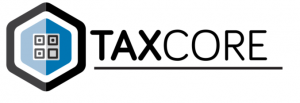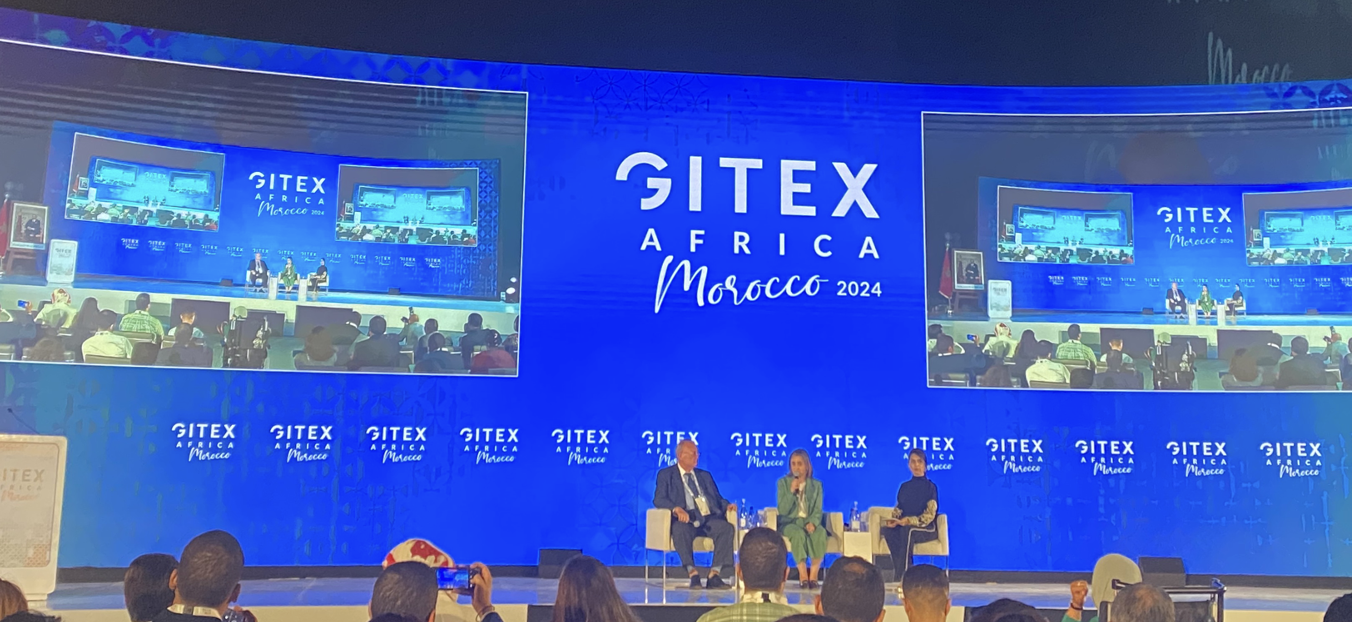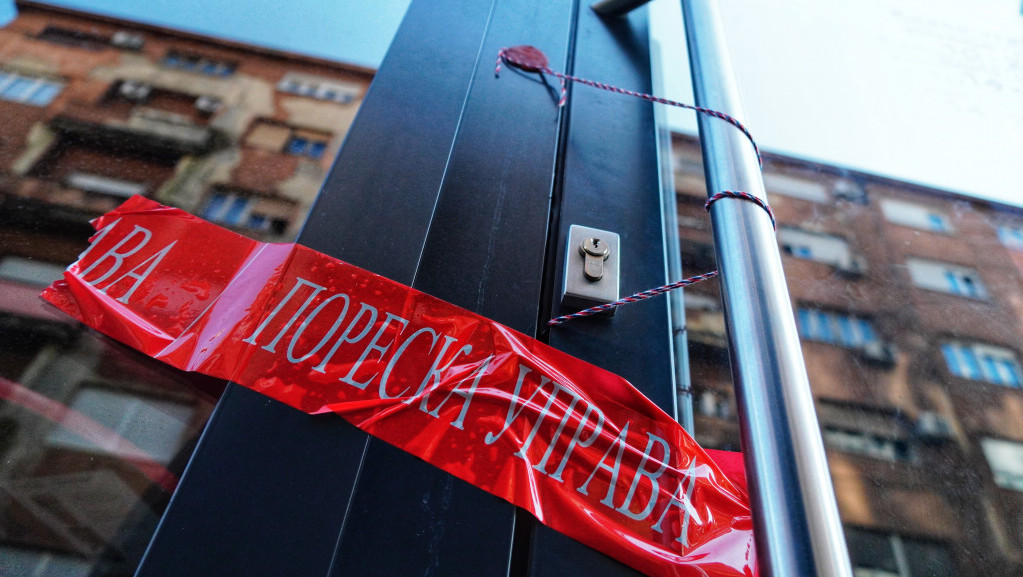TaxCore, built by DTI, is a platform that started with the idea of helping tax authorities fight against the grey economy and tax fraud (it can also perform a proof of audit). Many countries are still having issues with tax evasion and this is affecting their economies in a devastating way.
The reasons why a country may be suffering from low tax collection can be many, and they vary from nation to nation. Taking into consideration all the countries and all the different problems they’re facing, TaxCore brings a revolutionary change that can greatly help.
Auditing
With TaxCore, governments and tax authorities receive a platform that is 100% transparent and safe. It is a platform that allows them to monitor taxpayers and their businesses in real-time. For the most part, this does help tax authorities oversee if a certain business isn’t registering sales or isn’t issuing receipts regularly. TaxCore digitally signs every fiscal receipt so it’s very easy to track them and their validity. But every so often, transparency and proper monitoring aren’t enough – so TaxCore’s DTI solution came up with a new solution to the problem, the proof of audit feature.

Proof of Audit serves as a confirmation from the tax authority system has stored all the invoices issued with a particular digital certificate in its database. The proof of audit, designed by DTI, is very flexible, and it doesn’t limit business in any way. It is issued after each fiscal invoice (remote audit) or after a group of delayed invoices reach the database (local audit). Delayed invoices may occur due to an unexpected loss of internet connection. TaxCore allows to save these invoices and to audit them once the internet connection comes back. Proof of audit also confirms that exactly the same data that was entered in the taxpayer’s SDC was transferred to the tax authority database.
Use of the mini-blockchain technology with the proof of audit
By using blockchain technology to link all fiscal invoices issued with a particular digital certificate, TaxCore, will instantly notice if there is a gap in the invoice submission sequence (e.g. if one or more invoices from that specific certificate chain are missing). Should this happen, the taxpayer will not receive their proof of audit. Instead, TaxCore’s DTI will wait for all the invoices to arrive at its database. Additionally, TaxCore issues all these invoices with this particular digital certificate. Only then will the database send a proof of audit to the taxpayer.
The system can delay the proof-of-audit too if so needed. However, there is a preset limit to this, and if not obeyed, the system will block the taxpayer from issuing any new fiscal invoices. The purpose of this setup is to motivate taxpayers to report regularly. Even if a taxpayer suffers a lack of internet connection which prevents normal invoice submission, the system will still inform them that the preset limit is approaching. In this case, a taxpayer can perform a local audit so that they could obtain a proof-of-audit.
The proof of audit function works in a way that it takes the new data and moves backward through the mini-blockchain (link by link). This confirms that TaxCore has accurately recorded all of the data contained in the SDC and its associated Secure Element. Therefore, nothing is missing, no data can be manipulated, and the whole system works perfectly on all ends.
A seamless process
The whole process is seamless, fully automated, and works continually (although this does depend on the taxpayer’s internet connection to an extent). All a taxpayer really needs to do (to know that they are fully tax-record-compliant) is to make sure that the on-premises-Sales Data Controller has a stable connection to the internet. Even if the connection stops for a short period of time, it won’t impact a taxpayer at all.
Thanks to this new proof of audit technology, TaxCore’s DTI ensures that tax fraud is nearly impossible as it motivates taxpayers to report regularly. Moreover, it helps tax authorities easier be in touch with taxpayers and their business practices. This helps build a transparent environment and significantly increases tax revenue, which helps for a country’s prosperous economy.





